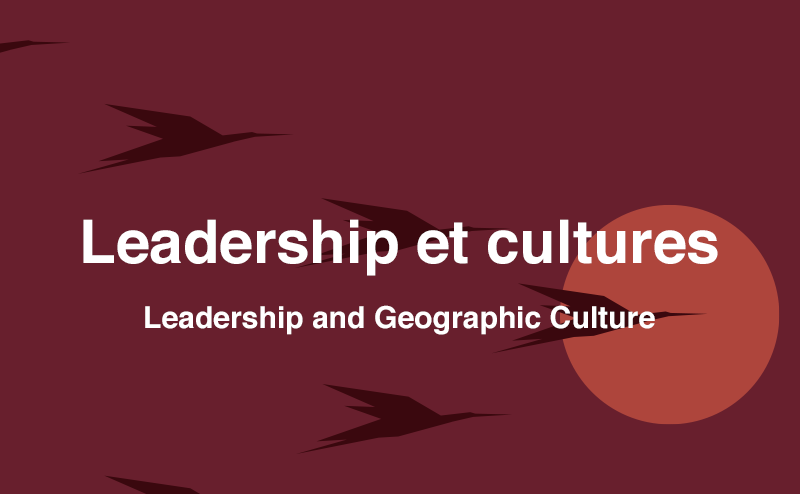
Leadership and Geographic Culture
In this first part, we cross several countries of the world with their different leadership, underlining some specificities per country experienced by our alumni. Marion Ladier tells us about the Norwegian style of management with very flat hierarchies, very simple and direct relationships that she really appreciates. Consensus is the order of the day with equality between men and women and a lot of humility in interpersonal relations. Trust reigns and social dialogue is marked by a mutual respect of the partners, which is quite peaceful compared to the French model.
Jean-Christophe Bedos shares with us his experiences in Anglo-Saxon countries and the French-speaking identity that is well established in Quebec. He describes a leadership in Quebec that cultivates a more diplomatic attitude than what is still present in France: A management based on the exercise of power, while in the management of men (and women) "à la Canadienne", inclusion and respect for diversity reign. He emphasizes the importance of understanding cultures and his passion for the history of people, enabling him to lead intercultural teams harmoniously.
Jean-Noël Robert tells us about his experiences as an expatriate. Having become a "world manager" and after having worked in 6 different countries, he points out the importance of open-mindedness, the will to understand others and adaptability to succeed internationally and in intercultural situations.
Bernard Coulaty, a former HRD in the international arena, particularly in Asia, notes a fundamental difference between management in France (proximity between teams and managers) and in Asia (a distance is very necessary to be respected as a leader). He cites the work of psychologist Geert Hofstede who developed a sixth cultural dimension (indulgence versus constraint - https://hi.hofstedeinsights. com/national-culture) in order to characterize cultures and allow interested managers to understand general orientations as well as the differences in behaviour by society and country.
The testimony of Yevgeniey Solovyov with a special on Ukraine closes this part, explaining the current difficult situation with the importance of leadership to move forward.
Author
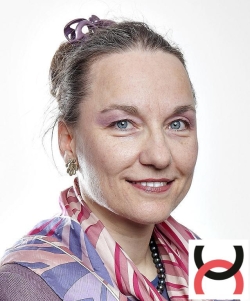
For TBS she has developped various Aerospace Management and other more general International Programmes. (Aerospace MBA (1999- ), TBS-IIMB Aerospace MBA (2015- ), Aerospace Management PGE Option (2002- ) for the last year of Master in Management studies, International Seminars TBS with Partner Universities around the world (1995- ), Toulouse Barcelona Summers School, Toulouse - Ljubljana "East meets West" Summer School....). She is managing and co-chairing the Advanced Master in Air Transport Management in partnership with ENAC for TBS since 2011.
In 2014-2015 she developped and launched the first international Aerospace MBA programme for Aerospace Executives in INDIA with IIMB - Indian Insitutue of Management, Bangalore.
Her main research interests are in cross-cultural, international, and European management, multicultural teams and workgroup diversity, culture change and the sharing of knowledge in international organisations. With these topics she conceives corporate executive development programmes and works on various consulting, coaching and training assignments with multinational corporations, particularly in the high-tech industry and the aerospace sector (Airbus, Liebherr Aerospace, Thales-Alcatel Alenia Space, British Aerospace, ICL Europe, Paribas, Rolls Royce, Siemens and others..). Cordula also works on a EU Horizon 2020 research project on mobility of qualified employees (2018-2022 - www.GLOMO.eu/)
Cordula has been involved in several other research projects with an international focus; one that looks at the perception of social justice across cultures. In another research she collaborates since several years with a global research team on the study of the impact of language on international business. She was also leader of a European research group on Work, Employment, and Health (TES ? Travail, Emploi, Sant?) at Toulouse Business School (2013-2017) and is conducting research on cross-cultural management, diversity and international human resource management with a European perspective. Cordula is also a country investigator for France and some "under-researched" countries for the GLOBE 2020 project, looking into leadership and organizational behaviour (https://globeproject.com/)
As a visiting professor Cordula lectures to MBA and Executive classes on International, European Management & Global Leadership in many partner universities around the globe. With her work and research experience in several countries of Europe, the Americas, Africa and Asia she also has published in several languages, particularly in the field of multicultural management. Among other assignments, she was for 10 years visiting Professor at Arizona State University, USA (1995-2005).
She is happily married and working mother of two children.
In 2017 she obtained together with a European Network of academic Beneficiaries and Airbus Group a European Research grant (Horizon 2020, Marie Skłodowska-Curie Actions - the European Union's reference programme for doctoral education and postdoctoral training) of 3,9 mio ?.
GLOMO - Global Mobility of Employees 15 early stage docotoral researchers explore and research about global mobility of skilled people in today's workplace. www.glomo.eu/
Since 09/2024 Cordula is head of the Centre of Excellence Aeronautics & Space @ TBS Education, promoting more outreach and research collaboration of TBS faculty with the aerospace industry. See 3 See the author's other publications




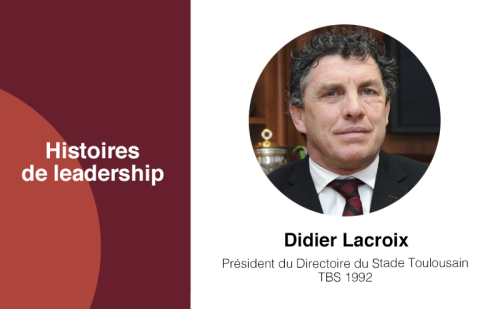

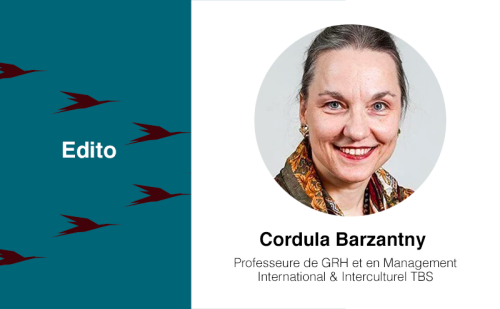
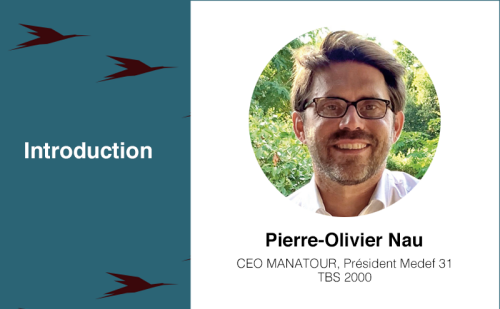
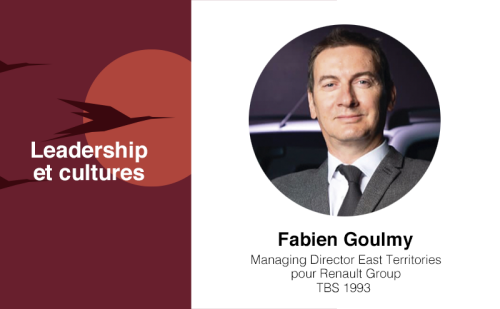
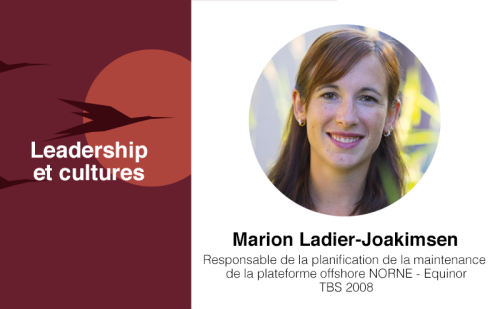
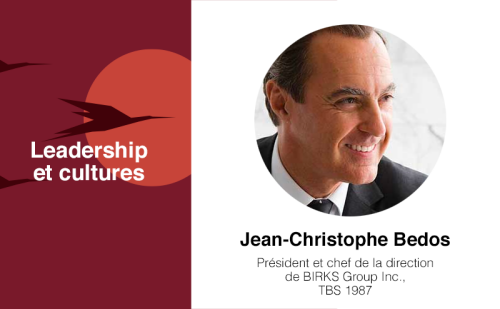
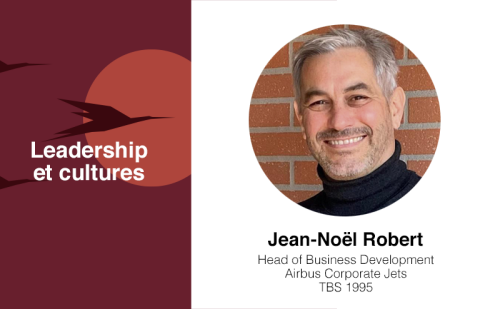
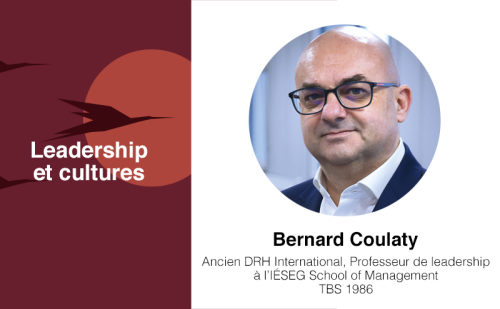
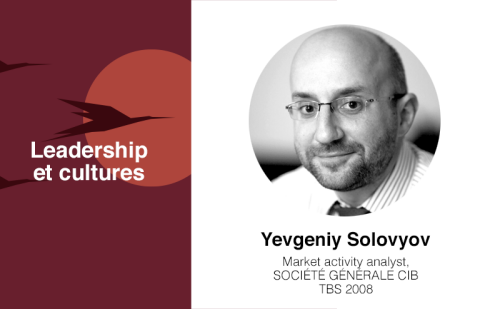
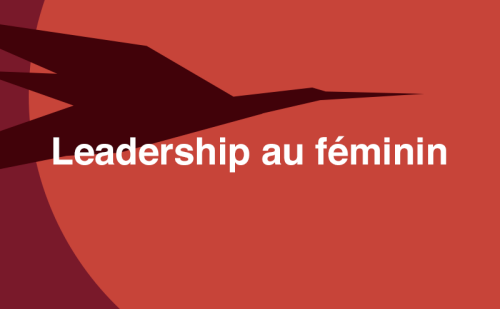

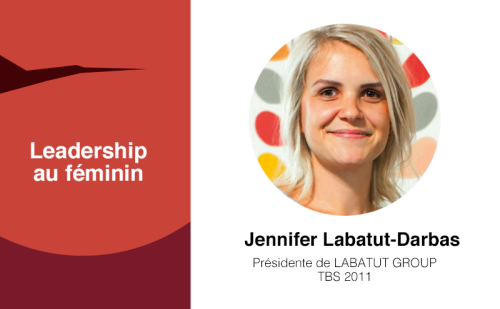
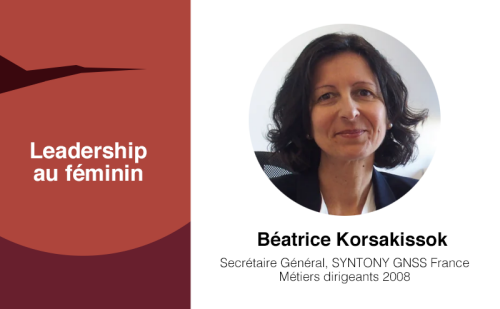

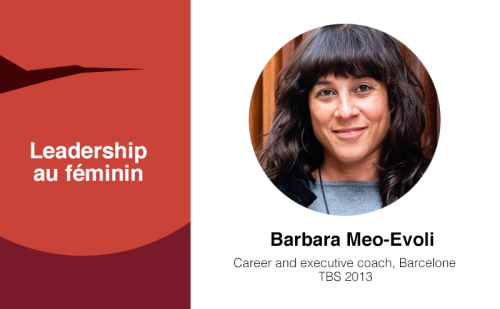
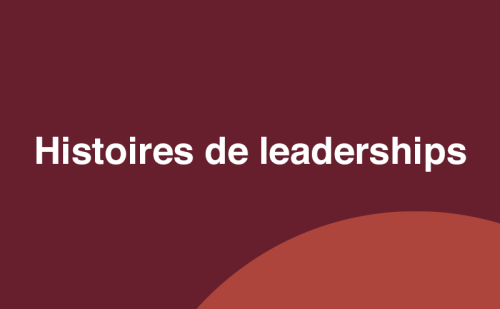
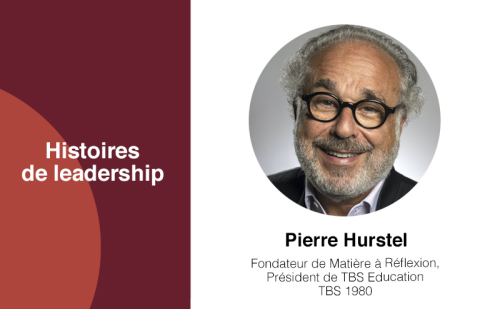
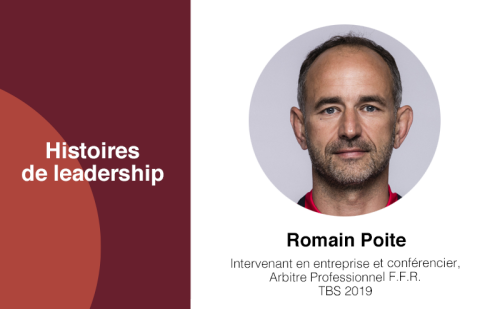


No comment
Log in to post comment. Log in.